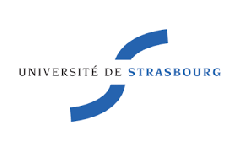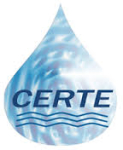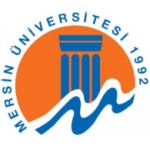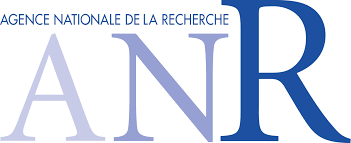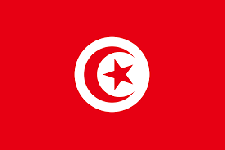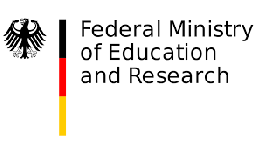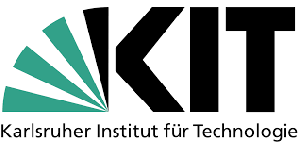ABOUT US




The need for the implementation of innovative governance of coastal aquifers taking into account the technological development as well as socio-economic factors, has become a worldwide necessity. In compliance with the challenges and scope of the PRIMA call topic 1.1.2 “Sustainable, integrated water management”, Sustain-COAST was designed to explore innovative governance approaches of coastal aquifers among multiple water users and beneficiaries, under the uncertainties posed by the changing climate conditions, in four Mediterranean countries. Sustain-COAST “Sustainable coastal groundwater management and pollution reduction through innovative governance in a changing climate” is an R&I project co-funded under the PRIMA 2018 programme section II, for a period of 3 years starting from June 2019. Sustain-COAST consortium is led by the technical university of Crete (TUC) and is composed of a multidisciplinary team of seven partners from six countries. Sustain-COAST intends to develop a calibrated multi-criteria decision supporting system (DSS) and a web Geographical Information System platform accessible for water stakeholders and policy makers. The DSS and platform, combined with a specific animation activity will allow: i) the engagement of social actors in a learning process around water issues at catchment scale based on visualization of interactive thematic maps, ii) the use of advanced technologies and tools, such as optical sensors and remote sensing capacities for a participatory monitoring of water, iii) the use of calibrated numerical models for the time-space simulation of water quantity and quality progress.
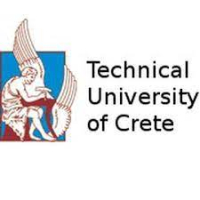
.JPG)
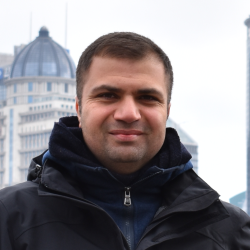
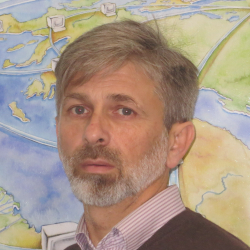

.jpg)



